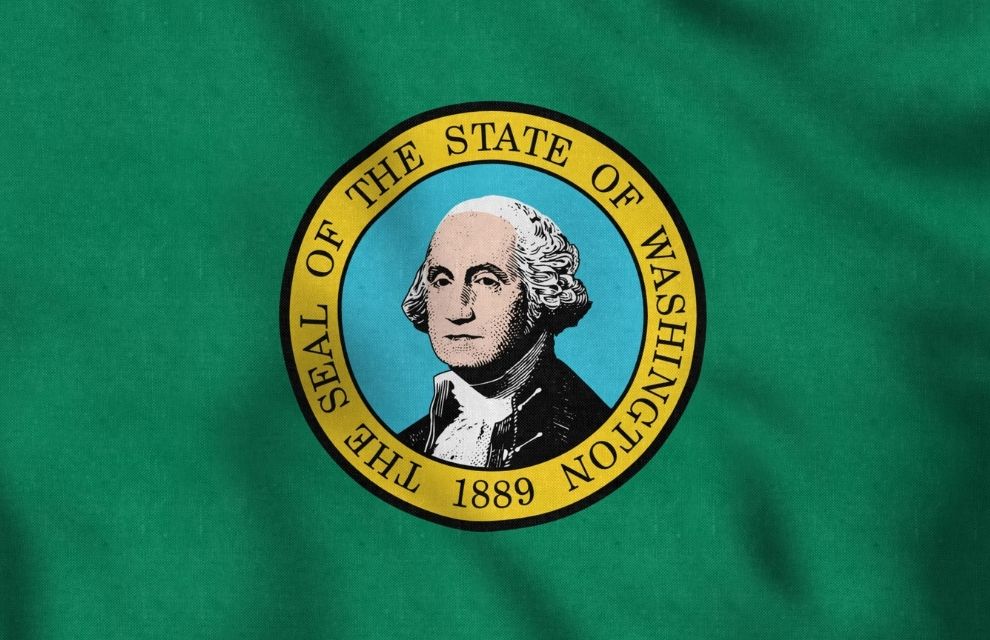The Washington Office of the Insurance Commissioner (OIC) has revealed that captive insurance companies remain a priority after they were listed on its 2021 legislative agenda.
The study launched with an initial survey sent to around 5,000 businesses and other organisations in Washington asking if they use a captive insurance company.
Kreidler’s office contracted with Washington-based Milliman to conduct the survey and study.
The OIC stated that it will report results of the study to the legislature in Autumn 2020 to assist with “establishing a fair and equitable framework for lawful captive insurance activity in our state”.
Currently, the state law of Washington does not have a regulatory framework for captive insurance companies that insure Washington-state risks. This means that captive insurance is considered unauthorised insurance in Washington State.
The OIC said it estimated the state is missing millions of dollars in revenue by not taxing captive insurers.
Commenting on this, Steven Beeghly, a Seattle-based insurance attorney at Kreger Beeghly, PLLC, said he expects the joint study to be the basis for the Washington State Insurance Commissioner to request legislation in early 2021 to further tax and regulate captives that include insurable interests sourced from in the state.
However, Beeghly added that he “does not anticipate legislation for Washington to become a domicile for captive insurers itself yet”.
He explained: “What I mean by this is I expect expanded regulatory enforcement of captives covering risks and liabilities and a request to the legislature for a bill to tax captive insurance premiums and clarify direct procurement. These would likely be proposed to secure both substantial tax revenue generation and expanded regulatory oversight.”
As of now, proposed captive bills have not yet been introduced for the session beginning in January 2021 pending the study.
“We expect the study to identify in the Insurance Commissioner’s eyes an arguably substantial amount of unpaid insurance premium tax and unlicensed activity to use as basis for this legislation request for the session beginning in January.”
The regulator’s survey of captive insurance use and participation expanded to some 5,000 entities in Washington.
Beeghly further explained that the captive insurance study broadened Kreidler’s enforcement search from the prior self-reporting programme and those entities with captives that he could discover on his own, to potentially show to the legislature a much bigger alleged unpaid premium tax base and alleged unlawful policy issuance activity to revisit last year’s stalled captive insurance legislation.
As to proposed legislation, Beeghly remarked that “we again expect competing bills.”
He noted: “The regulator will likely hold fast to his prior proposed bill framework based on the Nonadmitted and Reinsurance Reform Act to claim 100 percent of ‘home state’ premium taxes for Washington entities, regardless if they pay taxes in their captive’s domicile under this act since Washington did not join a premium tax sharing compact for non-admitted (surplus line) insurers. And we expect he will also again revisit the exempt commercial purchaser and surplus line broker placement rubric for entities that may employ a captive, and how to report and pay tax.”
Beeghly continued “likewise we predict a competing response from the Responsible Employer Coalition, of whose members are large entities in Washington such as Alaska Air, Amazon, Microsoft, Starbucks and others, to continue to seek a proposed bill, or at least a clarification or amendment to the Commissioner’s proposed bill for lawful direct procurement and reduced tax mechanism solely for their Washington exposures.”
He also suggested that there could be a pushback against the insurance commissioner’s demand for Washington employers to pay 100 percent premium tax for all of their captive’s activity for their locations outside of the state.
“And we predict the introduction of legislation to permit independent procurement reporting, and some other cap on premium taxes where they may argue Washington lacks a direct nexus with, for example, their worker’s compensation coverage in another state,” he added.
“We predict again the industry competing bill to likely include some annual local Washington-only reporting and annual fee payment, and not oppose the exempt commercial purchaser requirements as to what sorts of entities in Washington may participate in a captive insurance mechanism if they are big enough to qualify.”
“I can tell you that if either of these bills is re-introduced in substantially similar formats as before in the next legislative session, we are hearing from many middle-market employers, groups, and associations, that neither of these proposals will likely help middle-market insurance purchasers to enjoy the use of a captive insurer to prudently finance and manage their risk and enjoy direct reinsurance protection,” Beeghly explained.
“Rather, the exempt commercial purchaser structure will likely be beneficial mostly to large Washington entities.”
Beeghly noted: “We have heard from many that the exempt commercial purchaser requirements generally would really limit the ability to utilise this legislation to only the very largest employers and be of limited wide applicability, based on employee headcount minimum requirements, financial size, and annual high minimum insurance purchasing and internal risk management, and so on, so much so that if a legislator comes to the conclusion that there is the possibility of capturing lots more premium tax based on Washington captive use, the legislation will likely be beneficial and limited to just a few employers to qualify as exempt commercial purchasers.”
“Despite what the survey indicates about a possible substantial new source of tax revenue, based on these restrictions.”
Beeghly concluded: “If the commissioner’s main interest in proposing a captive insurance bill to generate a new source of premium tax revenue in a down economy from Washington employers and their risks, then the relatively restrictive exempt commercial purchaser requirements and lack of broad applicability will likely diminish the benefit to many captive participants with Washington state insurable interests as we enter a hard insurance market, and will not likely result in the premium tax hoped for by those commissioning this study.”


